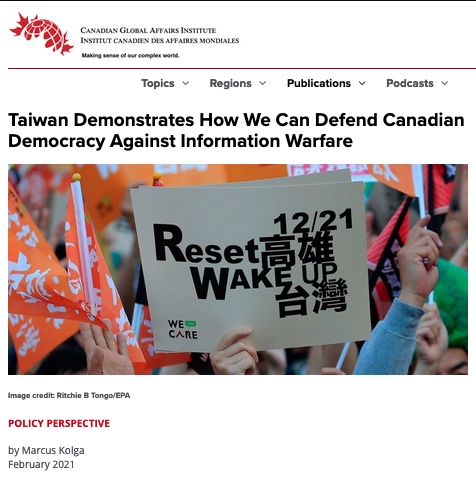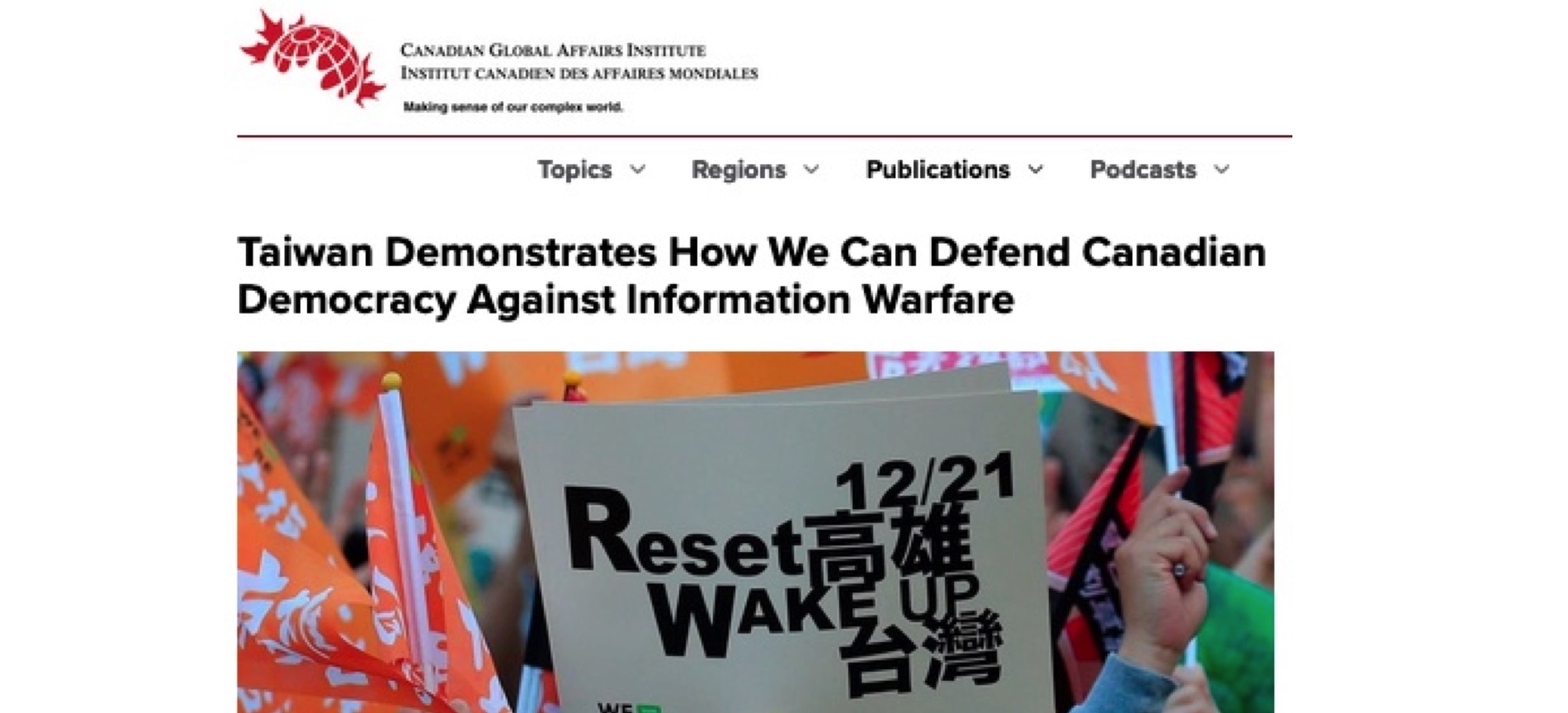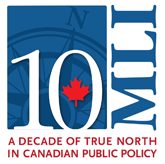Marcus Kolga’s report for CGAI about what Canada can learn from Taiwan’s success in defending against foreign information warfare – while protecting freedom of speech.
 Introduction
Introduction
Over the past decade, the term “disinformation” has re-emerged from the long-forgotten Cold War lexicon into a place of prominence in Western democracies. A term previously used to define Soviet influence and information warfare, “disinformation” is now a regular concern. Most Canadians were first exposed to the term in 2016 after Russian intelligence agencies used disinformation to interfere with and disrupt the U.S. presidential election, Canadian security and intelligence experts warned of similar threats in Canada.
Disinformation refers to the efforts of malign foreign and domestic actors who create and amplify information that is intentionally misleading – including false narratives and conspiracy theories.
The scourge of disinformation threatens Canada and its allies, but few have faced it with the same intensity as Taiwan, whose citizens are forced to contend with a daily barrage of Chinese government propaganda and subterfuge. The disproportionately massive scale of China’s information attacks against Taiwan puts the island nation near the top of the list of countries facing the most intense disinformation attacks in the world.
Despite ample warnings and evidence, Canada lags behind its allies in developing a robust strategy to defend against this problem, which will expand with our increasing reliance on digital and social media platforms. Canada should learn from Taiwan’s whole-of-society approach, which leverages expertise in civil society groups, individual experts, media and within the private sector to support the development of long-term democratic resilience against foreign interference.


